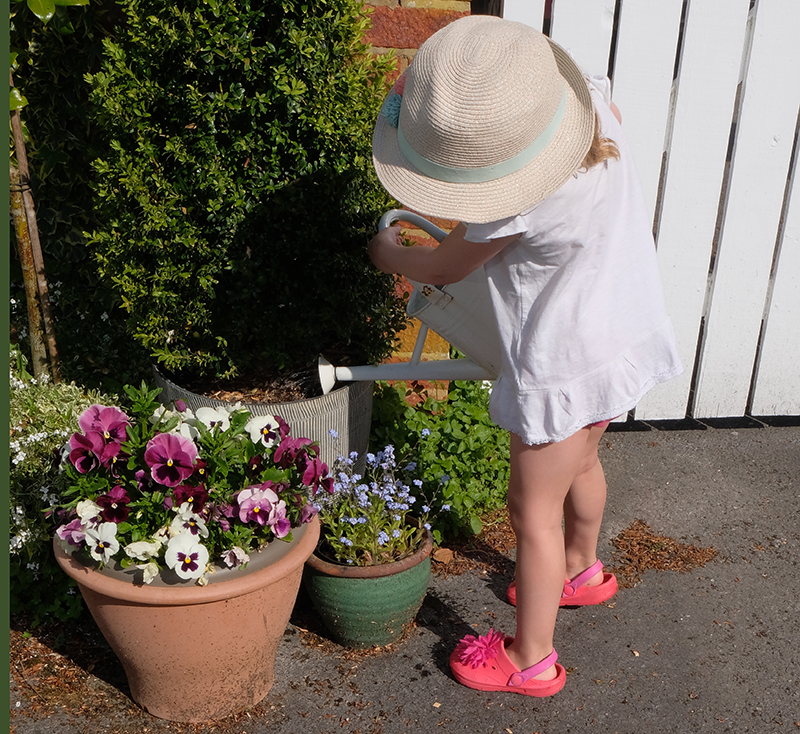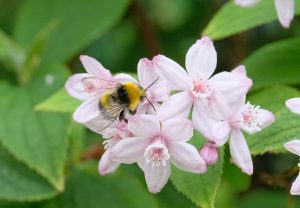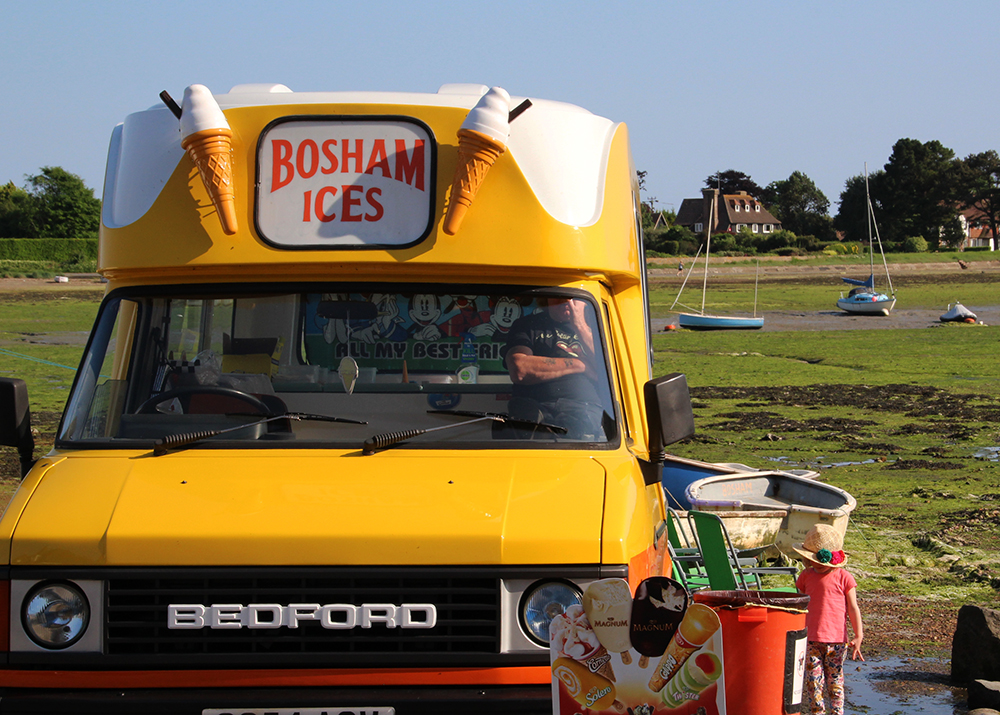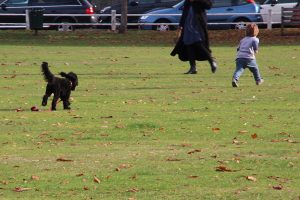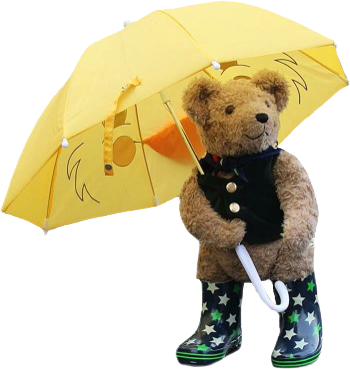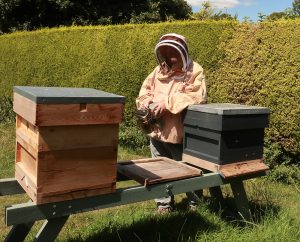
A bee keeper tending his hives
Helping bees together
With an astounding 270 odd bee species in Britain alone (just under 250 of which are solitary bees) - and all of them pollinators - we have to look after them. One of the ways we can do this is by helping to make outdoor spaces bee-friendly. Park authorities and farmers are becoming aware of the importance of protecting pollinators’ environments and in our small way we can help by growing bee-friendly plants. In addition to thinking of flowering plants water is essential for bees as are places for solitary bees to hunker down during the winter months in banks and in compost heaps. Bee-friendly garden, bee-hotels: https://meonvalleybeekeepers.co.uk/help-the-bees/create-a-bee-friendly-garden/ Poisonous plants to look out for: https://www.rhs.org.uk/advice/profile?pid=524 Make a bee-hotel https://www.bbc.co.uk/newsround/39691792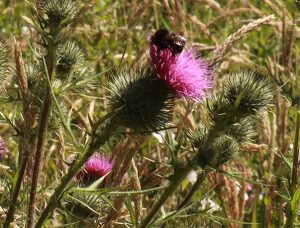
Bees on a thistle
Bee Facts
Honeybees survive the winter by snuggling close together in the hive to keep warm. Interestingly they don’t hibernate. Their honey sustains them, so they must produce enough for the cold months. In a good season in the UK a beehive can produce 27 kg of honey but this is around 11 kg more than the bees actually need. How lucky we are - they pass that excess onto us to have with our toast and butter! Scientists have recently been able to decode sounds made by queen bees in the beehive according to a paper published in the journal, Scientific Reports, in June 2020. The “tooting and quacking” sounds tell the tens of thousands of worker-bees the queens want to come out. https://www.bbc.co.uk/news/science-environment-53029218Dancing bees
Our amazing bees can also tell their fellow workers where they have found a good source of nectar and to do this they perform a ‘dance’. Scientists call it the “waggle” dance and it imparts an amazing amount of precise information. From this performance the workers can make a bee-line to the nectar. https://www.youtube.com/watch?v=LU_KD1enR3Q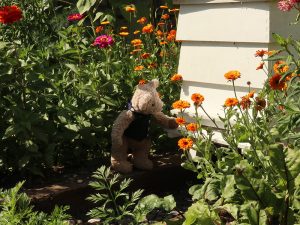
Binky checks out the bee hive


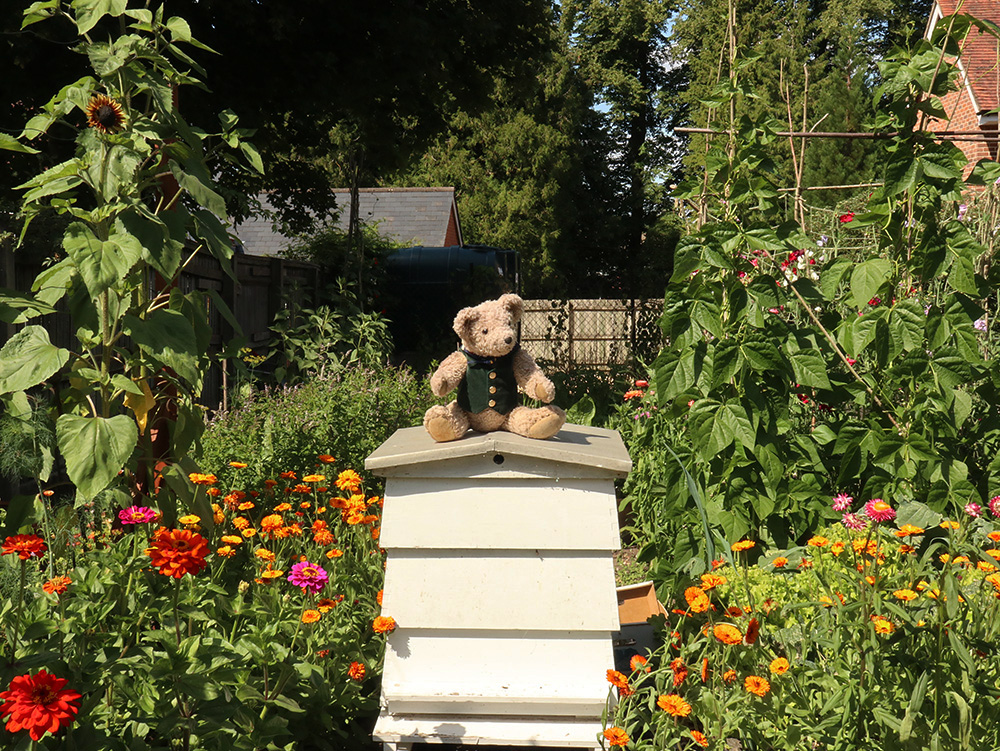
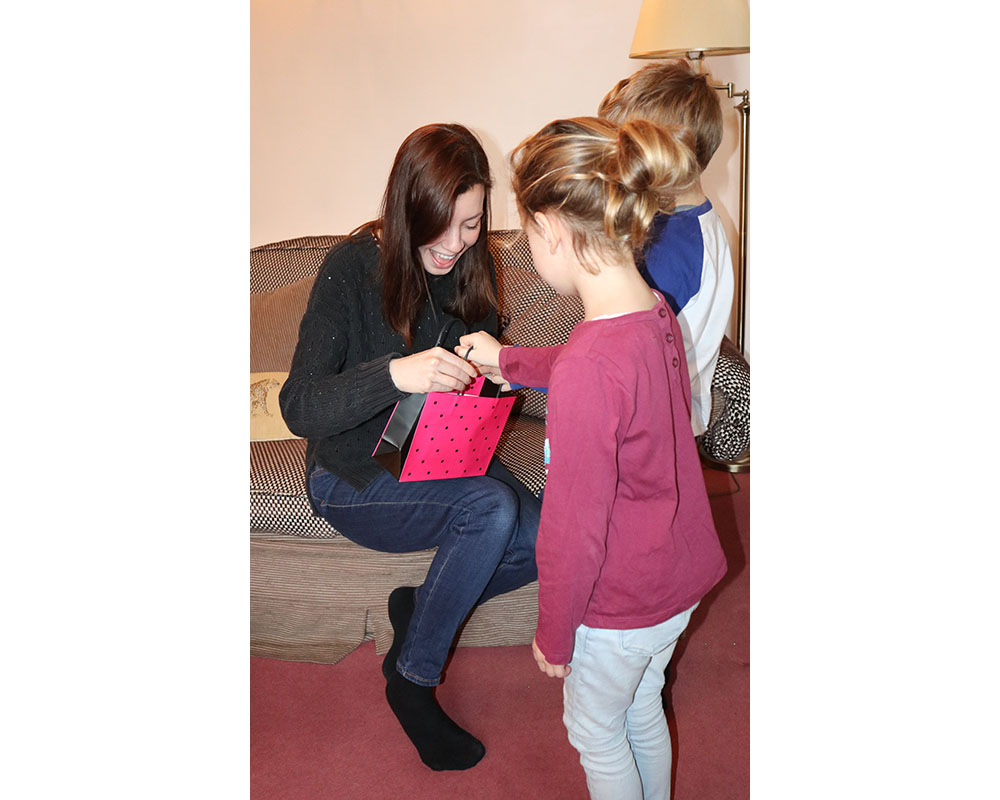
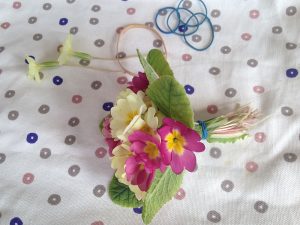
![IMG_0467_s[1]](http://binkybear.co.uk/wp-content/uploads/2019/04/IMG_0467_s1-300x215.jpg)
